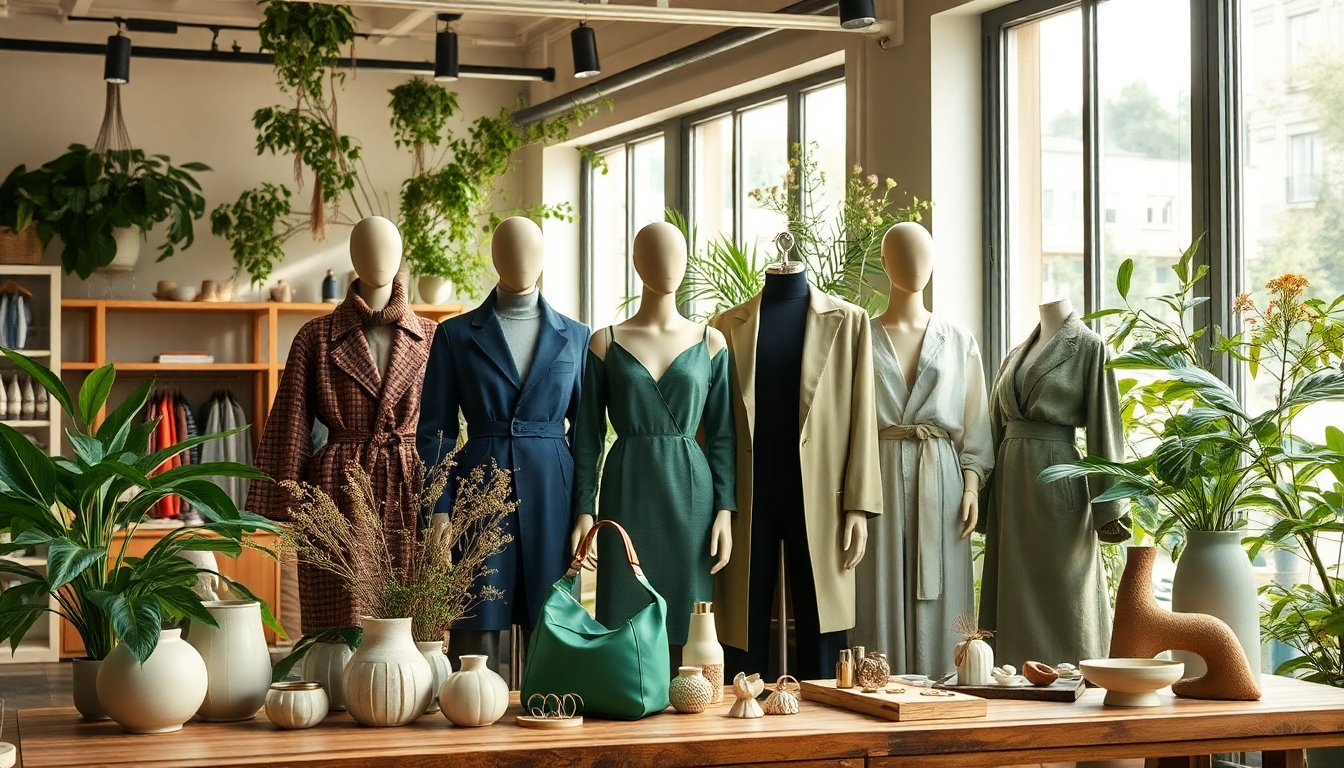Table of Contents
The cultural shift towards sustainable fashion
Sustainable fashion signifies a cultural transformation towards more responsible consumption. Movements like the slow fashion initiative reflect a growing awareness among consumers regarding the environmental and ethical implications of their clothing choices. This evolution is exemplified by influential designers such as Stella McCartney, known for her commitment to eco-friendly luxury fashion.
Creating an eco-conscious wardrobe
Building a wardrobe that reflects your values starts with identifying ethical brands. Seek companies that prioritize sustainable materials, including organic cotton, Tencel, and recycled fabrics. Additionally, consider shopping second-hand or vintage; platforms like Depop and The RealReal offer unique pieces while helping to reduce waste.
The importance of timeless style
Investing in timeless pieces is essential to sustainable fashion. Rather than chasing fleeting trends, focus on versatile items that can be styled in various ways. Classics like the little black dress or a tailored blazer remain stylish and suitable for multiple occasions.
Choosing sustainable accessories
Accessories can enhance any outfit, and selecting them thoughtfully reinforces your commitment to sustainability. Opt for handmade jewelry from local artisans or brands that prioritize ethically sourced materials. Investing in a high-quality bag can also prove beneficial, as it reduces the need for frequent replacements.
The future of sustainable fashion
As more brands pursue sustainability, the future of fashion looks promising. Stay informed about advancements in biofabrication and the integration of technology to develop eco-friendly materials. By embracing sustainable fashion, consumers can contribute to positive change, benefiting both the environment and a more ethical industry.


